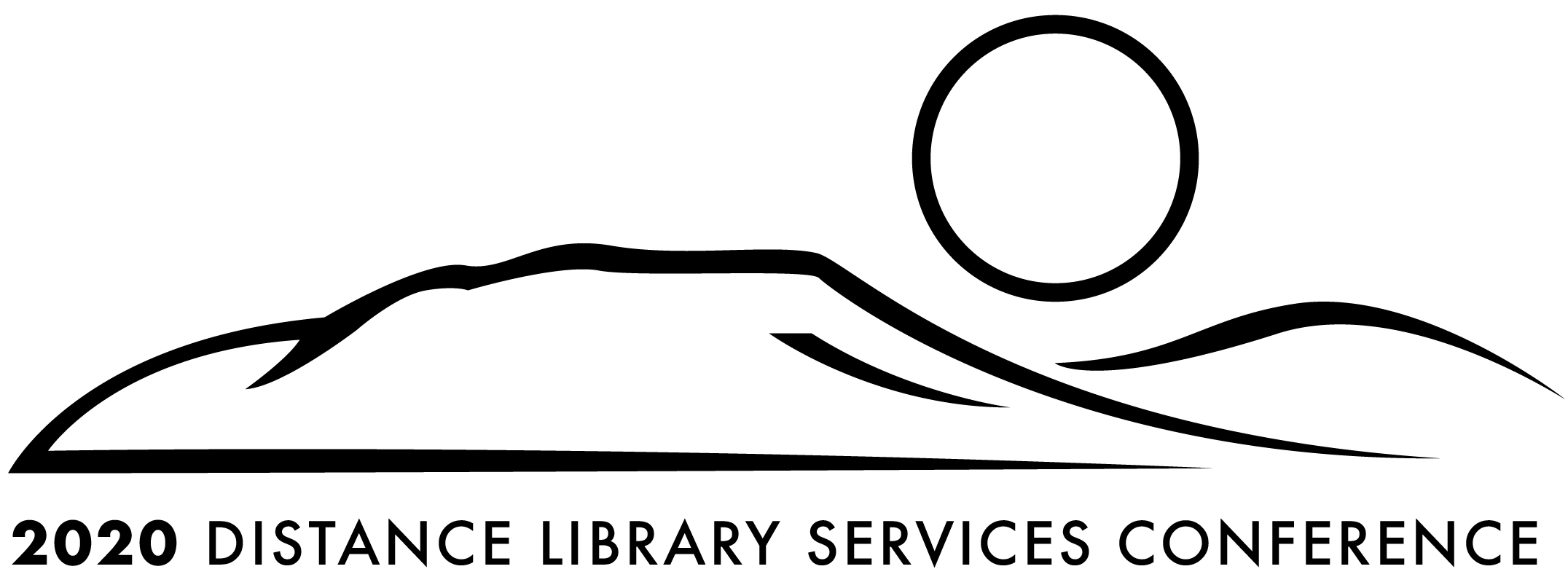Self-paced tutorials to support evidence-based practice and information literacy in online health sciences education
Session Format
In-person Full Paper Presentation
Conference Tracks
Library Instruction and Instruction Design
Short Description
Often information literacy instruction for evidence-based practice in health sciences programs centers around conducting research for evidence-based practice for literature review assignments. Librarians have limited opportunities to teach in the clinical courses where evidence-based practice is centered on real life on-the-job clinical practice.
Self-paced online tutorials are one strategy for information literacy instruction that can support clinical evidence-based practice. Tools like LibWizard (Springshare) allow librarians to create tutorials that center around clinical scenarios that include formative assessment, certificates of completion, and user experience evaluation. This presentation will cover techniques for tutorial creation, including instructional design, assessment, and engagement.
Long Description
Are you a liaison librarian for an online health sciences program looking for new ways to integrate information literacy instruction into evidence-based practice?
The author is a liaison librarian for an online graduate nursing program. The librarian is highly embedded in the program and teaches information literacy for evidence-based practice in two research courses. Currently, most information literacy instruction centers on conducting research for evidence-based practice for literature review assignments. The librarian has had limited opportunities to teach in the clinical courses where evidence-based practice is centered on real life on-the-job clinical practice.
In an effort to develop information literacy instruction that supports clinical evidence-based practice, the librarian created a self-paced online tutorial using LibWizard (Springshare) that includes a pre- and post test and formative assessment throughout aimed at helping students find the best evidence/references for their clinical write-up assignments. The tutorial includes an ungraded certificate of completion that students can submit to their instructors. Students also have an opportunity to evaluate the tutorial.
The tutorial is being launched in Spring 2020. The librarian will use LibWizard usage and analytical reports to assess the success of the tutorial and revise it according to user evaluations. If the tutorial is a success, the librarian plans to create a self-paced library orientation to introduce incoming students to library resources upon entering the program.
Learning Objectives
- Identify techniques for formative assessment in online tutorials
- Identify techniques to encourage the use of online tutorials
- Identify techniques for evaluating online tutorials
Biography
Hannah Schilperoort is an Information Services Librarian at Norris Medical Library, University of Southern California, and liaison to an online graduate Nursing program. Her favorite aspect of distance librarianship is building relationships with Nursing faculty and students. She believes being embedded in online programs often allows librarians to work even more closely with faculty and students than is possible in on-campus programs. She works hard to establish herself as a partner in all aspects of online education, including targeted, active-learning based instruction as well as assignment and rubric development. She collaborates with faculty to create integrated and required asynchronous and synchronous content for research, evidence-based practice, and clinical courses. Hannah is also interested in LGBTQIA+ health and has collaborated to create online resources, organize online programming, and conduct research on LGBTQIA+ cultural competency for healthcare providers.

Self-paced tutorials to support evidence-based practice and information literacy in online health sciences education
Are you a liaison librarian for an online health sciences program looking for new ways to integrate information literacy instruction into evidence-based practice?
The author is a liaison librarian for an online graduate nursing program. The librarian is highly embedded in the program and teaches information literacy for evidence-based practice in two research courses. Currently, most information literacy instruction centers on conducting research for evidence-based practice for literature review assignments. The librarian has had limited opportunities to teach in the clinical courses where evidence-based practice is centered on real life on-the-job clinical practice.
In an effort to develop information literacy instruction that supports clinical evidence-based practice, the librarian created a self-paced online tutorial using LibWizard (Springshare) that includes a pre- and post test and formative assessment throughout aimed at helping students find the best evidence/references for their clinical write-up assignments. The tutorial includes an ungraded certificate of completion that students can submit to their instructors. Students also have an opportunity to evaluate the tutorial.
The tutorial is being launched in Spring 2020. The librarian will use LibWizard usage and analytical reports to assess the success of the tutorial and revise it according to user evaluations. If the tutorial is a success, the librarian plans to create a self-paced library orientation to introduce incoming students to library resources upon entering the program.


Comments
Interaction Strategies: I will engage the audience by asking audience members to share their experiences with information literacy instruction for evidence-based practice in online education. I will share examples of formative assessment and user experience evaluation from the tutorial I created and ways of promoting usage of the tutorial to faculty and students. I will also share usage and analytical reports and user evaluations.
Intended Audience: Some experience on the topic
Keywords: Evidence-based practice, information literacy, online education, health sciences education, online tutorials, instruction, assessment